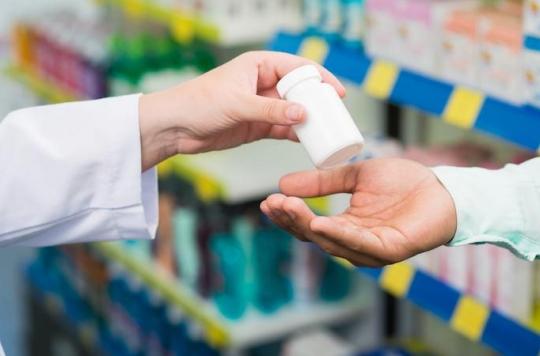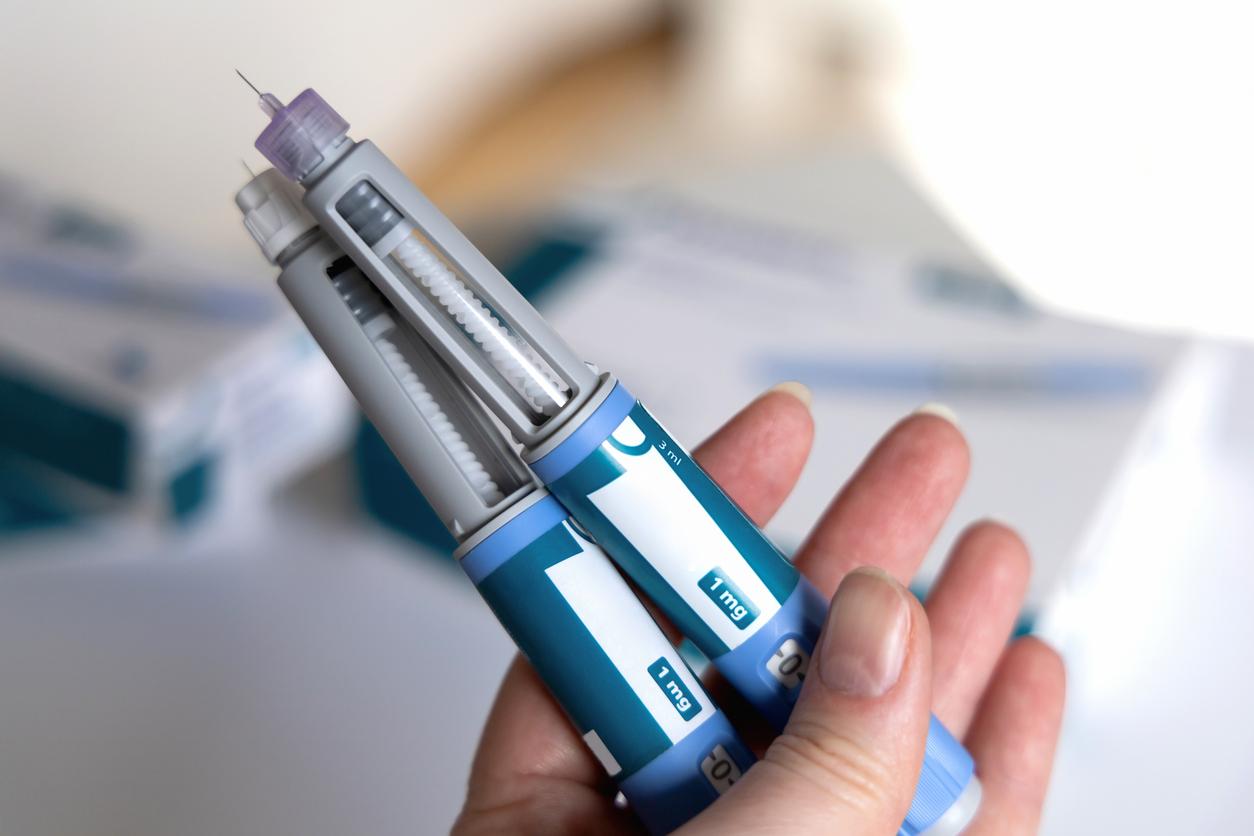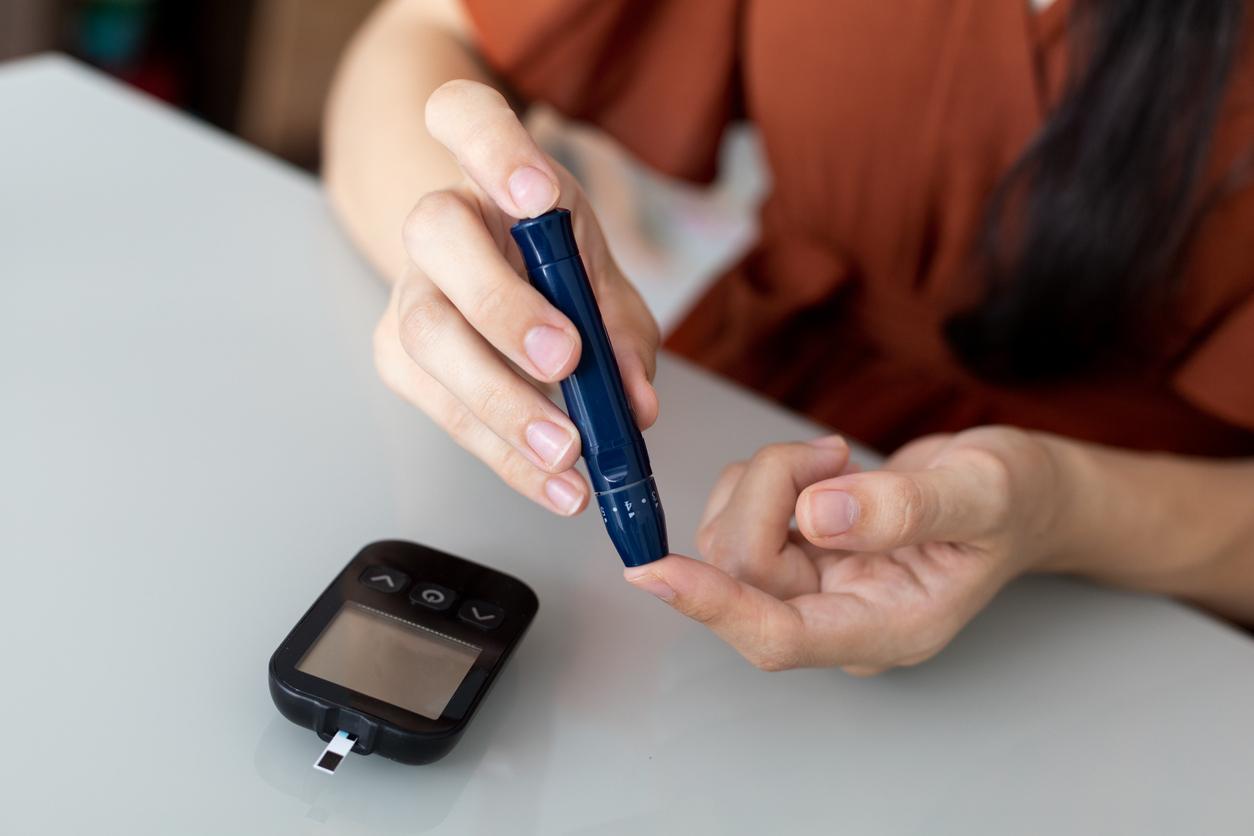Involving pharmacists in the therapeutic education of diabetic patients is effective. They better monitor their blood sugar and control it over 6 months.

They are more than three million in France to live with diabetes. Three million French people who sometimes lack consistency. 37% of them do not take their treatment as prescribed. Improving the way a diabetic follows his treatment is the whole goal of healthcare professionals.
Pharmacists themselves have rolled up their sleeves to achieve this. Successfully, according to the results of the DiabPharmObserv study, conducted in Hauts-de-France.
More serious patients
14 dispensary pharmacists took part in this experiment. Trained in therapeutic education, they applied their lessons to several diabetic patients. How to decipher a glycemic strip, which hygienic-dietetic measures to put in place… The content of the exchanges is concrete. Feedback also.
The aim of this first attempt was to observe the impact of an exchange with the professional on the patient’s behavior. Changes are indeed taking place. Of the 55 people who received one-on-one interviews, the majority felt the short-term effects.

Every day, the patient has to test their blood sugar multiple times. At the end of the interviews, half of the people knew how to decipher the results. A key element because it allows the adaptation of treatment and hygiene of life.
In terms of hygiene and diet, the majority of volunteers said that their behavior had improved. For example, 60% became more physically active and ate more appropriately. As many have strengthened their glycemic monitoring.
1 billion costs
As a result of these interviews, the disease is better controlled after 6 months. 54% of diabetics have better blood sugar control. Even more of them have their glycated hemoglobin lower (71%).
This marker is particularly auspicious. Indeed, the HbA1c reflects the evolution of blood sugar over a period of 2 to 3 months. The higher the number, the higher the blood glucose level. However, in poorly observant patients, poor control promotes complications. In France, they cost more than a billion euros to health authorities, according to the Circle of reflection of the pharmaceutical industry (CRIP).
Patients are not the only ones to benefit from these exchanges. For 72% of the pharmacists involved, they improved the relationship with patients.
.

















